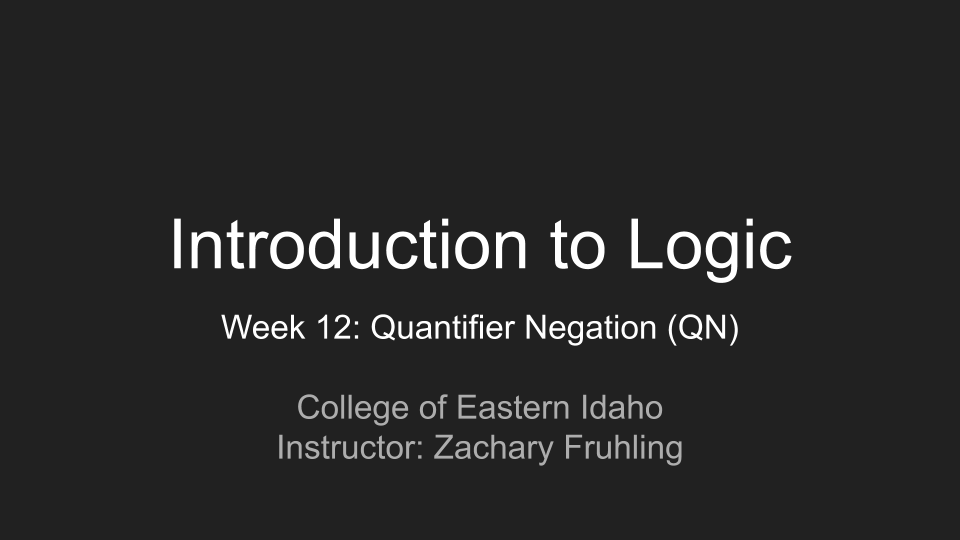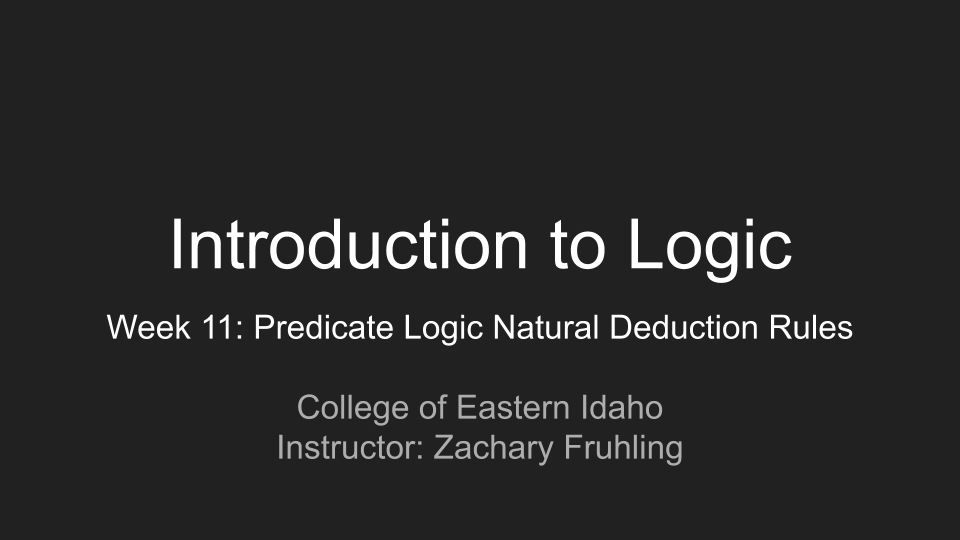Existentialism and Election Day: Choosing for All and Choosing the Soul of a Nation
Voting is an awesome responsibility. For some voting is merely a form of self-expression, but on the eve of the United States Presidential election, it occurs to me that voting is more than self-expression; it is a responsibility of gargantuan proportion, with the weight of the future of the United States of America and the burden of choice on the shoulders of every American.
The French existentialist philosopher Jean-Paul Sartre once spoke of the burden of choice and the feeling of awesome and profound responsibility, with nothing to stand on but our own free will and its consequences, that follows from it:
When we say that man chooses himself, not only do we mean that each of us must choose himself, but also that in choosing himself, he is choosing for all men. In fact, in creating the man each of us wills ourselves to be, there is not a single one of our actions that does not at the same time create an image of man as we think he ought to be. Choosing to be this or that is to affirm at the same time the value of what we choose, because we can never choose evil. We always choose the good, and nothing can be good for any of us unless it is good for all. If, moreover, existence precedes essence and we will to exist at the same time as we fashion our image, that image is valid for all and for our whole era. Our responsibility is thus much greater than we might have supposed, because it concerns mankind…. I am therefore responsible for myself and for everyone else, and I am fashioning a certain image of man as I choose him to be. In choosing myself, I choose man. (Jean-Paul Sartre, Existentialism Is a Humanism)
It’s not an overstatement to say that the very soul, nature, and future of the United States of America are at stake in the forthcoming presidential election. Each of us will cast our individual vote, but we are not just choosing this or that candidate, this or that political party, or this or that stance on a particular issue; each of us is voting not just for our subjective political views but for our own views about what the United States of America as a whole ought to be and become.
When we vote, we are not just choosing for ourselves but we are legislators choosing for all Americans, with the weight of the futures of our fellow Americans on our own shoulders, both those we know and those we don’t—friends, neighbors, strangers, rich, poor, rural, urban, black, white, latino/latina, liberal, conservative, independent, young, and old alike. In casting our vote for the candidate of our choice, following Sartre’s reasoning above, we are not just choosing for ourselves; we are choosing for all Americans, just as all other Americans are also choosing and legislating for each of us in casting theirs.
If we are choosing the entire United States of America in this way in casting our vote—its future and its essence for all Americans and for all time—why do so few of us Americans fail to feel the amazing responsibility we have in placing the entire future of the United States of America on our own shoulders? How can we let ourselves get drawn into the spectacle of national elections in general and of this most-important election in particular? And how can we let ourselves be lulled into submission by having our critical thinking skills drained away in the bombastic rhetoric and the lack of political seriousness in the political arena and in the popular media? We don’t see the way in which our political opinions, viewpoints, and indeed our very free will are being manipulated by those who don’t have our best interests at heart?
The powers that be have chosen for us, but they have not chosen with us in mind. The rest of us good-natured and well-intentioned Americans may very well believe our votes to be in the best interest of all, in some Kantian sense of viewing our fellow citizens as a kingdom of ends-in-themselves instead of merely as a means to our own ends. There are those in politics and in office, however, who would cast their fellow Americans to the wolves for their own twisted, uninformed, and uninspired vision of what America is, can, and should be. They have chosen merely for themselves, and in doing so they have shown themselves not to be true statesmen but to be master manipulators of those who would so freely hand over their own political and national ideals for the sake of party loyalty.
So as you go to the polls in this potentially nation-defining election, try to feel the weight of history and the weight of the future on your own shoulders, as if the very future of the United States of America and the wellbeing of your fellow Americans depends—as it may actually do—on the ballot and vote you choose to cast. We cannot continue with this decadent and self-indulgent impression that voting is mere self-expression, mere personal and political authenticity. We must embrace the existential weight of responsibility in choosing what all of America, indeed all of the Western world and all of humanity—will become in deciding what we choose to stand for or stand against in the blissful anonymity of the voting booth or our mail-in ballots.
No candidate is ever perfect, but one or the other of them may be so contrary to the values that we hold as Americans that no person who feels this weight of history and responsibility could make any other choice but to vote for the saner candidate. While I myself, contrary to the increasingly popular opinion that the electoral college should be eliminated, feel that the various constitutional mechanisms surrounding the election of a president, including the electoral college, should be empowered to prevent the ascension of a candidate who is the very antithesis of American values, in these populist times (which ironically are veering toward fascism—the link between populism and fascism having been well established in the dictatorships of the 20th century), each of us Americans must look inward and ask ourselves whether the choices we are making in the voting booth are in the best interest of the country, our fellow Americans, the future, and the very soul of the United States of America at its best.
We Americans are better than what we have seen and what we have been these past four years, if only we will choose to exercise our freedom with the full weight of responsibility for our nation, its identity, and its very soul—that weight of responsibility about which Sartre spoke those many decades ago, in another time (World War II) and about another country’s fate (France) but applicable to our times and our country today just the same. In casting our vote, we choose our own fate, the fates of our fellow Americans, and the soul of our entire nation. And we must bear the consequences of that choice, for at the end of the day it will be us—we ourselves as Americans—who ultimately will have chosen the path that the United States of America follows thereafter, and what its fate and final legacy will forever be. Choose wisely—for we have no one to blame but ourselves as Americans if we don’t.
For Further Reading:
Existentialism Is a Humanism by Jean-Paul Sartre







